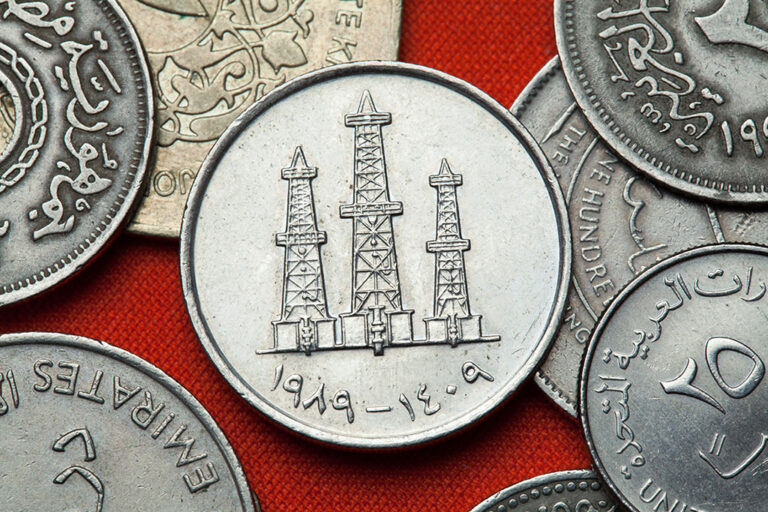The approval comes under the Central Bank’s recently established Payment Token Service Regulation framework.
The Central Bank of the United Arab Emirates (CBUAE) has given in-principle approval to AED Stablecoin. This means that the firm is now well-positioned to become the first-ever issuer of a fully regulated dirham-pegged stablecoin in the region.
The approval comes under the Central Bank’s recently established Payment Token Service Regulation framework and aligns with the government’s vision for the near future, especially the UAE’s Digital Government Strategy 2025.
Central Bank’s Approval Marks a Major Step for Dirham-Pegged Cryptocurrency Adoption
As earlier noted, this initial license does not immediately grant AED Stablecoin the full authority to effect its stablecoin plans. However, it certainly brings it a step closer to fulfilling that dream.
AED Stablecoin seeks to introduce the AE Coin, a dirham-pegged stablecoin, to the UAE in such a way that it would not only serve as a local trading pair but also as a widely accepted means of payment for the everyday transactions of an average UAE resident.
However, the UAE’s recently updated regulatory framework seemed to have made these aspirations very complex for AED Stablecoin. The framework requires all stablecoin issuers to back their stablecoins with real assets such as cash that will be held in escrow accounts within UAE banks. It is either that or they hold at least 50% of reserve assets in cash, with the rest invested in secure options like UAE government bonds and CBUAE Monetary Bills.
Furthermore, the framework also bans certain high-risk tokens such as algorithmic stablecoins and privacy coins. All these moves highlight the country’s resolve to create a safe and secure crypto environment for its people. More so, since the crypto space has been growing at such an alarming rate.
If fully approved, AE Coin would serve as a local trading pair, making it easier for residents and traders to engage with digital assets. Additionally, the stablecoin could also be accepted by merchants for everyday goods and services, potentially expanding the use of crypto payments in the UAE.
AED Stablecoin Faces Growing Competition
Without a doubt, AED Stablecoin is well on its way to full approval. That is especially true considering the recent in-principle approval.
However, it will have to fight for prominence and gain ground if it is to compete globally with the likes of Tether’s USDT and USD Coin (USDC).
Tether, for instance, recently announced its plans to join hands with UAE-based companies Phoenix Group and Green Acorn Investments to introduce a dirham-pegged token. That is despite the fact that its position as the world’s largest stablecoin issuer by market capitalization is under no immediate threat.
Nonetheless, the move will likely intensify the race among issuers as they each seek to dominate UAE’s fast-rising stablecoin market.
next